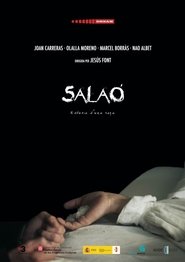detail profile nao albet
Peran Yang Di Mainkan Nao Albet
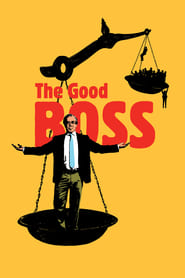 Julio Blanco is the proprietor of...
Julio Blanco is the proprietor of...The Good Boss 2021
Julio Blanco is the proprietor of Básculas Blanco, a Spanish company producing industrial scales in a provincial Spanish town, which awaits the imminent visit from a committee that will decide if they merit a local Business Excellence award: everything has to be perfect when the time comes. Working against the clock, Blanco pulls out all the stops to address and resolve issues with his employees, crossing every imaginable line in the process.
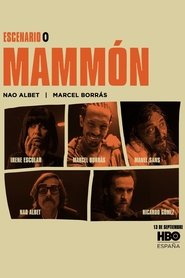 Two young promises of theatre fall...
Two young promises of theatre fall...Mammon 2020
Two young promises of theatre fall into the nets of greed as they try to raise the money needed to carry out their most ambitious montage. A spiral of nonsense, drugs and lies, which begins in Syria and ends in Las Vegas.
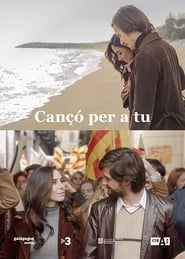 Barcelona 1966 Laia is a Law student...
Barcelona 1966 Laia is a Law student...Cançó per a tu 2018
Barcelona, 1966. Laia is a Law student at the University of Barcelona. She works part time in the University library to help cover her tuition, and writes songs in her free time. Laia starts dating Ignasi, a student who is committed to the clandestine fight against the Franco regime. Someone breaks into their relationship; David, Ignasi's best friend. A shallow boy from a well-to-do family. But David is not who he seems to be.
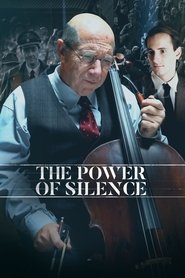 Prades France 1940s The exiled Catalan...
Prades France 1940s The exiled Catalan...The Power of Silence 2017
Prades, France, 1940s. The exiled Catalan cellist Pau Casals decides not to perform any more in public until the fall of the dictatorship that oppresses Spain. Pierre, a young Frenchman studying with Casals, tries to convince him to celebrate an extraordinary concert as a tribute to freedom.
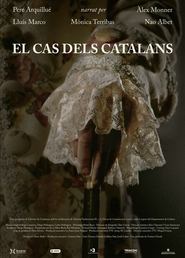 The film is based on Francesc...
The film is based on Francesc...The case of the Catalans 2014
The film is based on Francesc de Castellví's pharaonic work "Narraciones históricas", about the War of Succession, and features journalist Mònica Terribas as narrator.
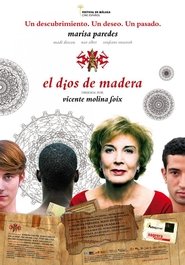 Yao and Moroccan Rachid arrive illegally...
Yao and Moroccan Rachid arrive illegally...The God of Wood 2010
Yao and Moroccan Rachid arrive illegally in Valencia, Spain, and separate. Yao sells pirated DVDs in the street and wanders disconsolately around the barrio until he glimpses divorcee Maria Luisa working in her boutique. High-strung and irritable, Maria lives with her gay son, Rober, who, like many other things in life, is a disappointment to her. Rachid, meanwhile, is doing just fine working as a hairstylist in a beauty salon; Rober is hopelessly in love with him. When Yao starts sleeping in Rober's flat, a confrontation between him and Maria suddenly becomes inevitable, and when it comes, what could have been an embarrassment is actually handled with grace.
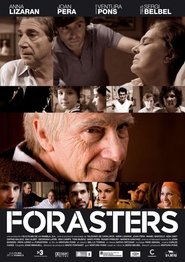 A family seen at two different...
A family seen at two different...Strangers 2008
A family seen at two different periods, some 40 years having passed between the two. A dysfunctional family marked by what used to be called an ugly illness, cancer and death. The characters quarrel, hate each other, and refuse to accept in their predecessors what they will eventually, inevitably repeat in themselves. A family marked by relations of rejection, love and hate of the other, the upstairs neighbors, those strangers from a far-off land, Andalusia in the 1960s, Morocco at present, who will also form part of this repetitive game that is life. To what point is everything a metaphor or symbol of our society? Are we really strangers to ourselves?
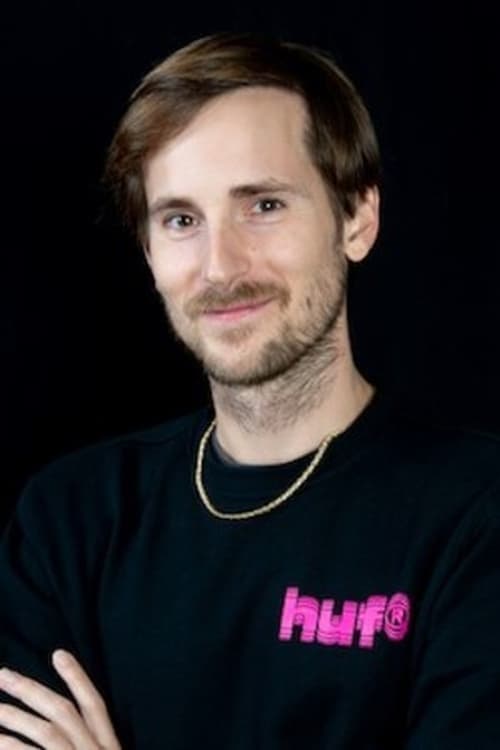
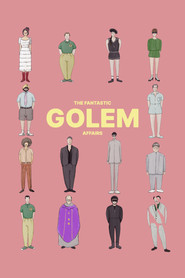 Follows two friends Juan and David...
Follows two friends Juan and David...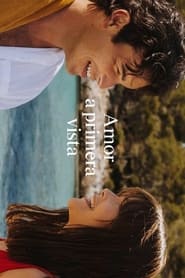 The story of Mireia Oriol and...
The story of Mireia Oriol and...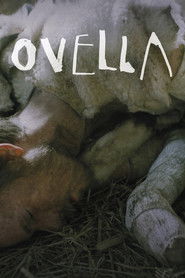 Ove is a young man who...
Ove is a young man who...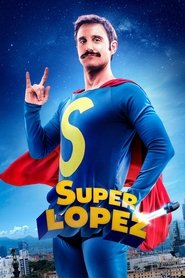 Juan Lpez must balance an office...
Juan Lpez must balance an office...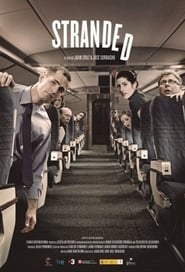 The last train travel of the...
The last train travel of the...